Irish Cattle and Sheep Farmers' Association (ICSA) sheep chair Sean McNamara has called on sheep farmers to resist factories’ attempts to lower lamb prices to levels he says are lower than the cost of production.
Quotes of lower than €7.00/kg should be rejected when farmers have the option of selling their remaining finished lambs at the mart where bidders have been outbidding factory quotes, according to McNamara.
“Factories are doing everything in their power to chip away at prices, so we must do everything in our power to resist them,” the sheep chair commented on Friday.
“As sheep farmers, our cost of production is upwards of €7.00/kg and rising all the time, so we are only demanding what is fair. It is imperative that we hold the line at €7.00/kg at the very minimum.
“We know the demand is there when we see factory agents heading to the marts and buying up all around them, with heavy ewe lambs in particular making €10 to €15 per head more than they are making in the factories,” he observed.
€26 carcase penalties
The Co Longford sheep farmer also took the opportunity to warn farmers of reports that price cuts are being taken from heavy lambs, with a 25kg deadweight cited as the limit on which the penalties are being imposed.
“Reports are coming in of a very heavy-handed cut-off point of €135/head being imposed on carcase weights of 25kg and over.
“At €7.00/kg, these lambs should be hitting the €161 mark with a 23kg weight limit. That is a €26 hit that no sheep farmer can afford.
“Anyone with heavier lambs would be well advised to go to the mart instead,” he recommended.
Imports
McNamara claimed that the continued importing of lamb into the country represented an attempt by processors to gain the upper hand, labelling the practice as “cynical”.
“We must remember all this happening as factories continue to bring in truckloads of live lambs - as well as lamb in carcase form - from the north and elsewhere.
“This is an ongoing practice and can only be described as a cynical attempt to weaken the negotiating position of local suppliers,” he said.




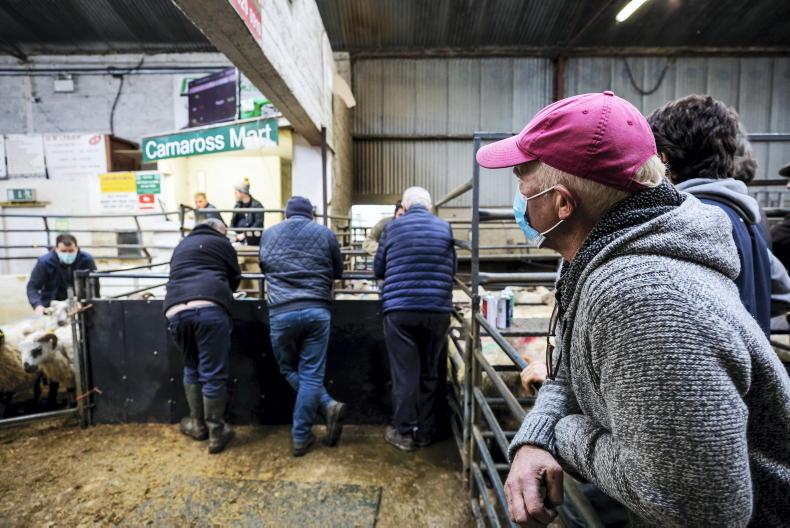
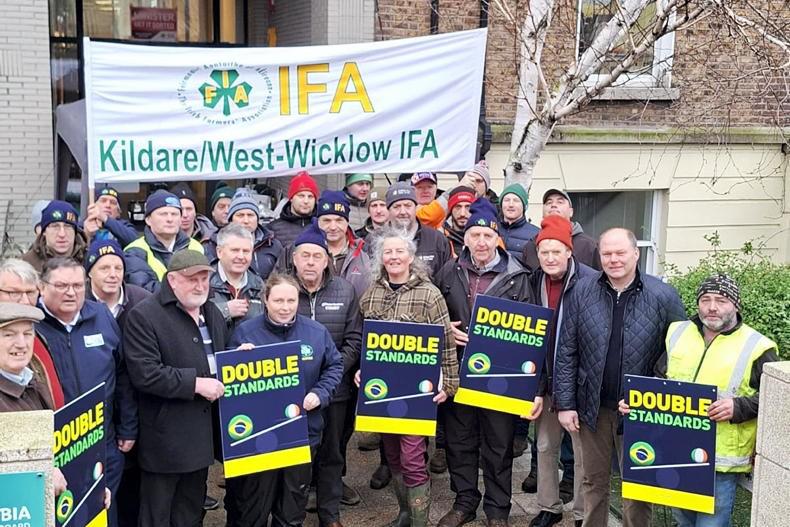
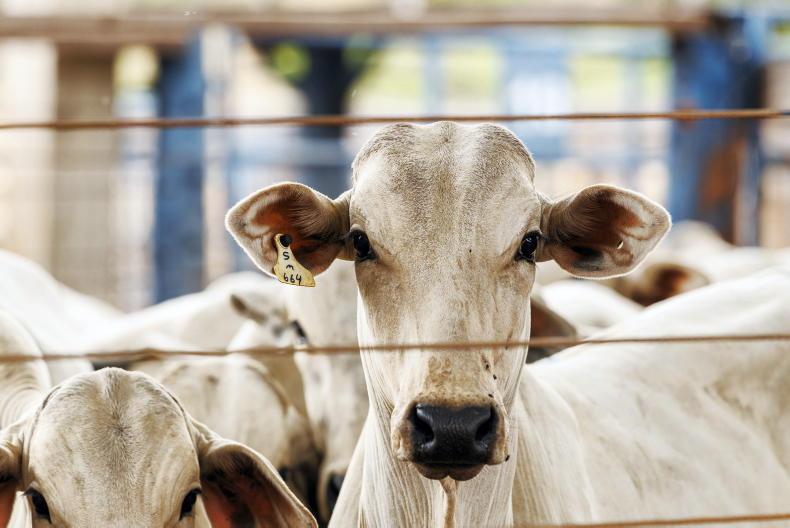
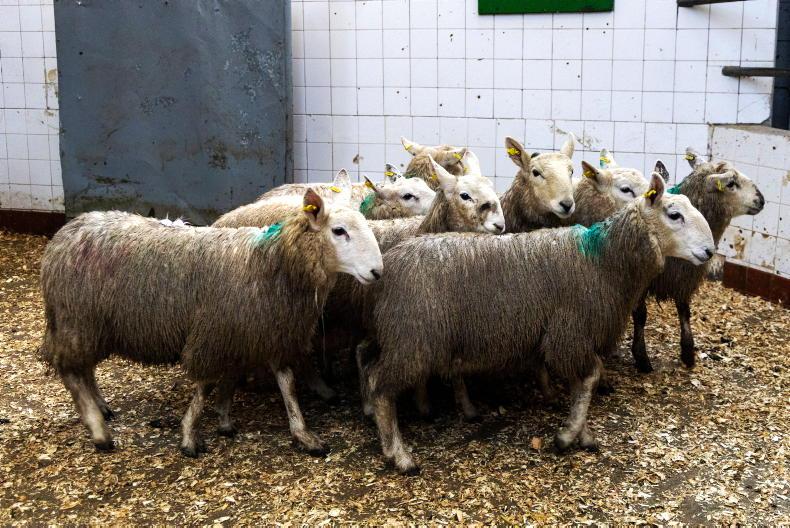
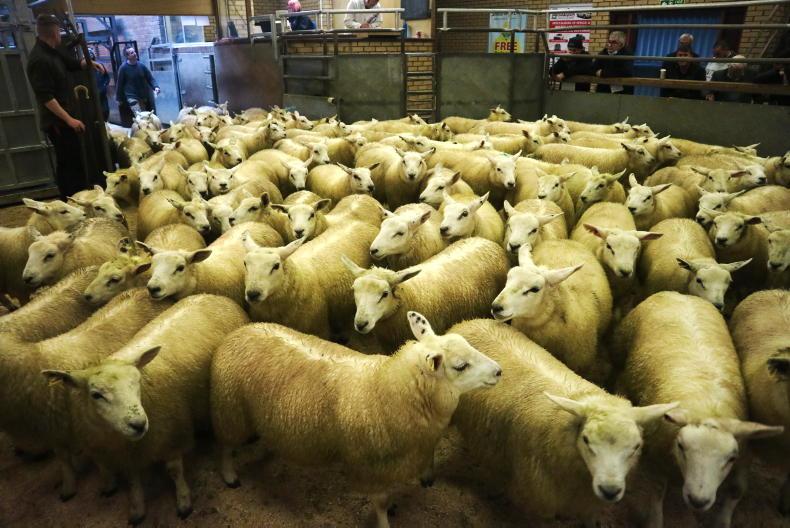
SHARING OPTIONS